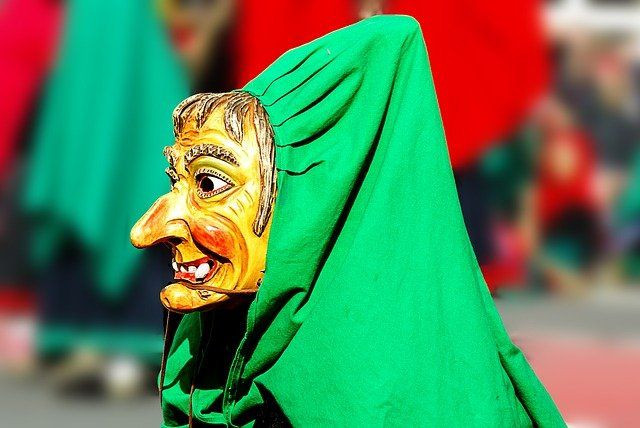Churki Hansda, a daily wage worker from the Indian state of West Bengal is now delivering oxygen to the same villagers who had branded her mother a ‘witch’ twenty years ago.
Thirty-year-old Hansda had been working as a private tutor before the coronavirus pandemic hit the country. She lost her job last year and began working as a daily wager, a sharecropper.
Even that means of earning ended when the West Bengal government imposed another lockdown as the second wave of the deadly virus hit the country.
Hansda, however, did not give up. She associated herself with a social welfare group running a Covid care network in the area. She rented out a Maruti Omni van and began ferrying oxygen cylinders and concentrators to Covid patients in parts of Birbhum village, where hospitals are not easily accessible.
Hansda was 10-years-old when the same villagers branded her mother a "witch" for sending her daughters to school.
"People in tribal villages do not want girls to go to schools and colleges and study. They see it as a bed omen. They almost killed my mother, because she sent her daughters to school. So she was branded a witch," Hansda told ThePrint.
Years ago, when a young boy from the village went missing, the villagers turned to Hansda’s mother blaming her for witchcraft.
"My mother was an easy target because she seemed abnormal to the others in her desire to educate her daughters," Hansda explained.
She said her mother was badly beaten up by the villagers. Police arrived and rescued her from being lynched, Hansda said.
Her mother sustained a broken limb and spent two weeks in hospital. Their home was ransacked and the family was forced to leave the village, Hansda recalled.
"I am haunted by nightmare of that every day," she said.
After wandering from one village to another, the family finally settled in a village 10 km away. They built a mud hut on a small piece of land that was previously being used for cremating the dead.
The villagers do not go there anymore and the family continues to live an isolated life.
Hansda learned to drive a few years back while working as a domestic help in Kolkata.
As demand for oxygen went up during the second Covid wave, Hansda rented out a minivan and became a frontline worker. She now works long hours, often making four to five trips every day to deliver, install and refill oxygen cylinders and concentrators for patients living in remote villages.
"It disturbs me when I see those villagers gasping for breath. So, I thought I would not take revenge but rather set an example by saving lives. My mother is my driving force," Hansda told the news outlet.
The sole earning member in the family of six said she wants to fulfill her mother’s dream and send her siblings to school.
"I am the eldest among my four siblings. I want them to study. My younger sister has completed her Masters in History, but is yet to get a job," she said.
Being a frontline worker, she now lives in a separate small space in her mud house, to save her family from being infected.
"Her tragic life made her resilient and really strong. A village girl probably cannot even think of what she does. She is fearless and with an extreme willpower to help others," Monisha Banerjee, a school teacher who runs the Covid care network, told the outlet.
Hansda continues to work with her mask in place.
"I have seen people struggling for breath and dying in the villages. But still there is resistance to hospital treatment. They think they will all die if they go to the hospital," she said.
"I have taken my van and picked up oxygen cylinders late in the evening to reach a village that is 50-60 km away from my house."
"I have seen how people distanced themselves from each other. No one comes out to help another. For villagers, Covid is a disease that brings shame. They do not want to talk about their symptoms and illness until they start gasping," she added.
Hansda has not yet received even the first dose of the coronavirus vaccine. She doesn’t have a smartphone, and so does not have access to the government’s CoWin platform for vaccine registration.
She has enrolled herself and her parents for vaccination in a local hospital but is yet to receive a slot.
Hansda told the reporters that she also dreams of buying her own van someday, but immediately wonders, with a laugh, as if that was too much to demand from her life, given the hardships that she is used to.
Every day she cycles about 10 km to get the van from the owner. And 10 km back home after returning it.
"I barely manage two meals for my family. I can only dream of owning a van. I don’t think I will ever be able to gather that big an amount of money. But I am happy with the rented one too. I earn about Rs 5,000-6,000 from the organization that provides the cylinders. The service is free for the recipients," she said.

© 2025 Latin Times. All rights reserved. Do not reproduce without permission.



